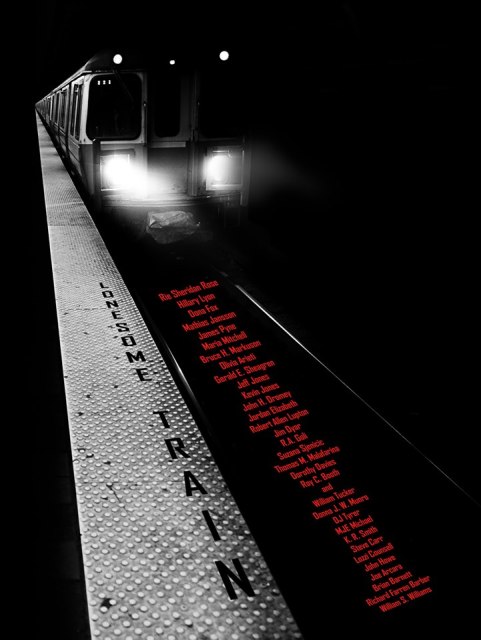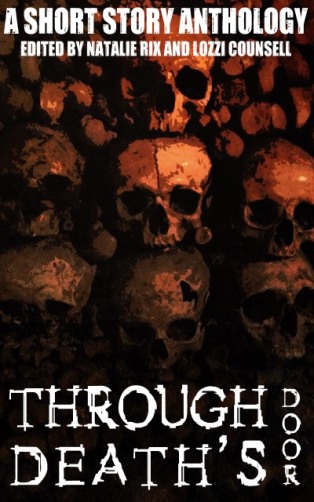I wrote this a couple of months ago. I wasn’t sure whether to post it or not, but I’ve decided to go ahead:
I’ve been pretty lucky so far with my writing – I’ve submitted short stories to quite a few different places and have only received one rejection so far. I’ve made many author friends along the way who have been such a huge help to me. I’ve edited for many different people and only ever been met by huge thank yous and appreciation for my time and detail.
But for the first time today, I’ve actually been left in tears. I sent a short story over to someone, specified I didn’t want any proofreading/editing done, just purely wanted an opinion on whether I should keep or delete the epilogue.
I received a message from them pretty soon after, nothing about the epilogue at all, but a big paragraph on basically why they didn’t like my story.
Now, if I was asking for a critique, or an opinion, then fair enough. But my story has been edited to publishing standards over a period of time using more than one editor, the cover is finished and I’ve been working on a pre-order schedule ready for its release at the end of March/early April.
And all of a sudden I was sat here crying, questioning everything. I’ve been so excited about this release – the first time it’s my own book and not as part of an anthology. I’ve been putting everything in place and in the next moment, I was ready to delete my entire story.
It wasn’t what I asked for. It wasn’t what I expected. I wasn’t asking for a book review.
And the worst part? Everything is personal preference. He doesn’t agree that my character is so forgiving. He felt a sense of Stockholm syndrome in my story. Why can’t my character be forgiving just because he’s not that sort of person? Even if there is Stockholm syndrome in my story, what’s wrong with that? Stockholm syndrome is a very, very real thing! My mum compared it to me writing about a character breaking their leg and someone telling me that my character should have stubbed their toe instead.
As I said before, if this was a review and a reader posted this, that’s their right. But I wanted ONE question answered by him.
But that wasn’t the end of it.
I thought he had given up 15 minutes out of his day to be nice and helpful to a stranger, but I was wrong. In response to reading and tearing up my story of just under 10,000 words, he wants me to edit his entire novel of 200,000 words, and also hinted that if I have time, he wouldn’t mind me editing his 135,000 word one either…
Two questions…
If my story is that bad, why would you let me anywhere near your writing and trust my editing skills?
Is 15 minutes of your time, purely reading and not editing a short story, a fair exchange for expecting me to edit 335,000 words for you?
I think in the future I will be sticking to my close circle of author friends.


